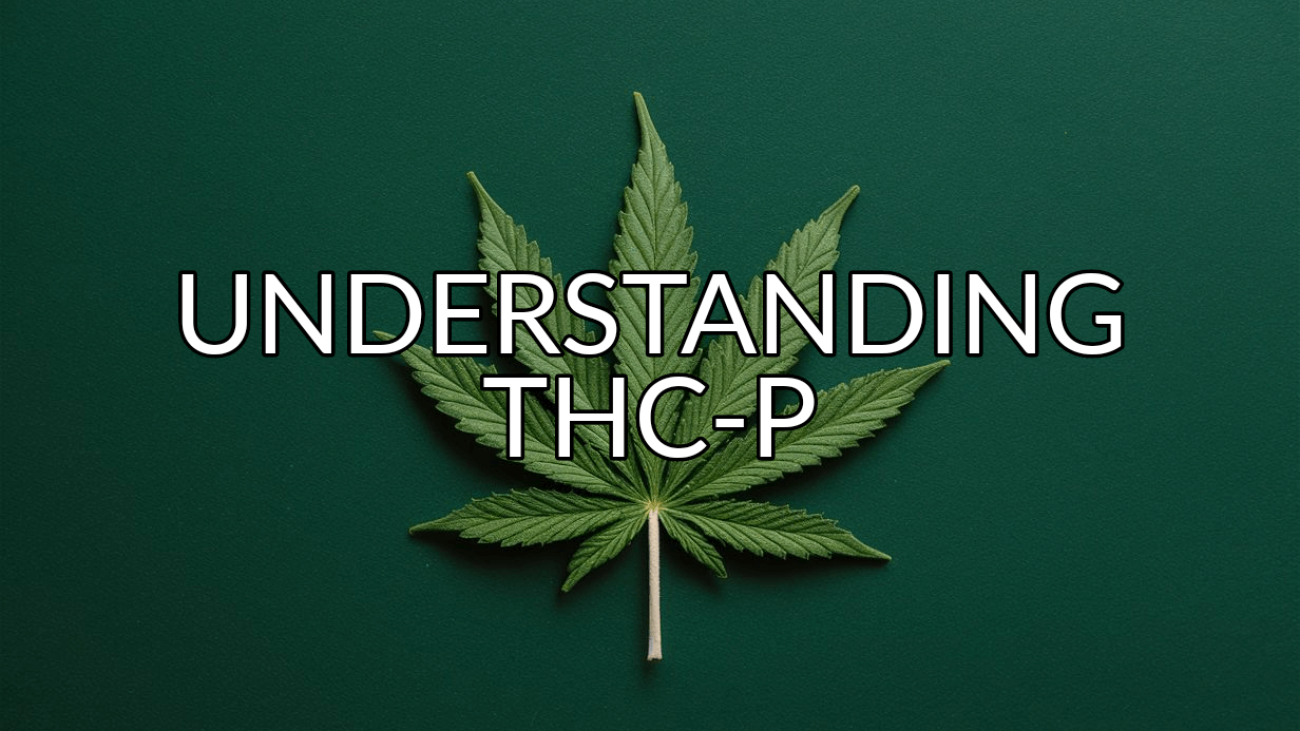In the realm of cannabis, THC-P holds a pivotal role, contributing significantly to the plant’s psychoactive effects. Let’s delve into the intricacies of Understanding THC-P, exploring its composition, effects, legality, and potential benefits.
What is THC-P?
THC-P, scientifically known as delta-9-tetrahydrocannabinol, is the primary psychoactive compound found in cannabis. It interacts with the body’s endocannabinoid system, specifically targeting CB1 receptors in the brain and central nervous system. This interaction triggers a cascade of effects, leading to the euphoric “high” commonly associated with cannabis consumption.
Understanding THC-P Composition and Structure
Chemically, THC-P is classified as a cannabinoid, belonging to a group of diverse compounds found in cannabis plants. Its molecular structure consists of 21 carbon atoms, 30 hydrogen atoms, and two oxygen atoms arranged in a specific configuration, enabling its psychoactive properties.
Understanding THC-P Effects
Upon consumption, THC-P exerts various effects on the body and mind, including:
Euphoria and Relaxation
THC-P induces feelings of euphoria, often accompanied by a sense of relaxation and heightened sensory perception. Users may experience alterations in mood, perception of time, and sensory perception.
Increased Appetite
Commonly referred to as “the munchies,” THC-P stimulates appetite, leading to increased food intake. This effect is particularly beneficial for individuals undergoing medical treatments that suppress appetite or those seeking relief from nausea.
Altered Cognitive Function
While THC-P can enhance creativity and introspection in some individuals, it may impair cognitive function in others. Short-term memory loss, difficulty concentrating, and impaired motor skills are potential cognitive effects associated with its consumption.
Legality of THC-P
The legality of THC-P varies significantly worldwide. In some regions, it is classified as a controlled substance due to its psychoactive properties and potential for abuse. However, an increasing number of jurisdictions have legalized its use for medical and/or recreational purposes, subject to regulatory frameworks and restrictions.
Potential Medical Benefits
Beyond its recreational use, THC-P shows promise in the medical field, with potential benefits including:
- Pain Relief: THC-P possesses analgesic properties, making it effective in managing chronic pain conditions such as arthritis, neuropathy, and multiple sclerosis.
- Antiemetic Effects: Its ability to alleviate nausea and vomiting makes THC-P a valuable treatment option for cancer patients undergoing chemotherapy and individuals with gastrointestinal disorders.
- Neuroprotective Properties: Research suggests that THC-P may offer neuroprotective benefits, potentially reducing the risk of neurodegenerative diseases such as Alzheimer’s and Parkinson’s.
Understanding THC-P: Frequently Asked Questions
What is THC-P?
THC-P, also known as delta-9-tetrahydrocannabinol, is the primary psychoactive compound found in cannabis, responsible for inducing the euphoric “high” commonly associated with marijuana consumption.
How does THC-P affect the body and mind?
THC-P interacts with the body’s endocannabinoid system, specifically targeting CB1 receptors in the brain and central nervous system. This interaction leads to a variety of effects, including euphoria, relaxation, increased appetite, altered cognitive function, and potential medical benefits.
What are some potential medical benefits of THC-P?
THC-P exhibits potential medical benefits, including pain relief, antiemetic effects (reducing nausea and vomiting), and neuroprotective properties. It may be beneficial for individuals suffering from chronic pain conditions, undergoing chemotherapy, or at risk of neurodegenerative diseases.
How does the legality of THC-P vary worldwide?
The legality of THC-P varies significantly worldwide. While some regions classify it as a controlled substance due to its psychoactive properties, others have legalized its use for medical and/or recreational purposes under specific regulatory frameworks and restrictions. In the US, THC-P is considered federally legal according to the 2018 Farm Bill hemp classification.
Conclusion
In conclusion, THC-P plays a significant role in the pharmacology of cannabis, exerting diverse effects on the body and mind. Understanding its composition, effects, legality, and potential benefits is essential for individuals considering its use, whether for recreational or medicinal purposes.


